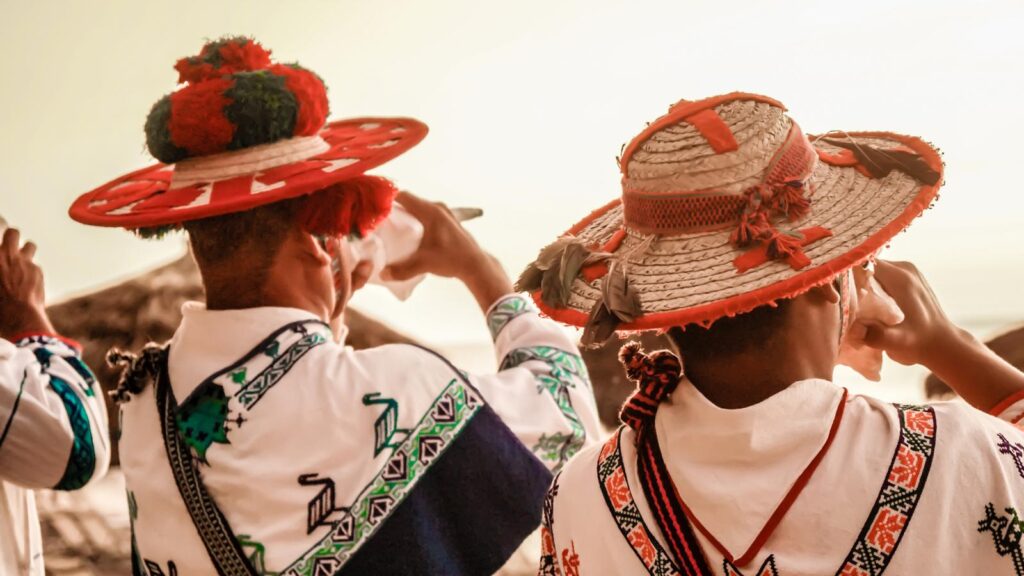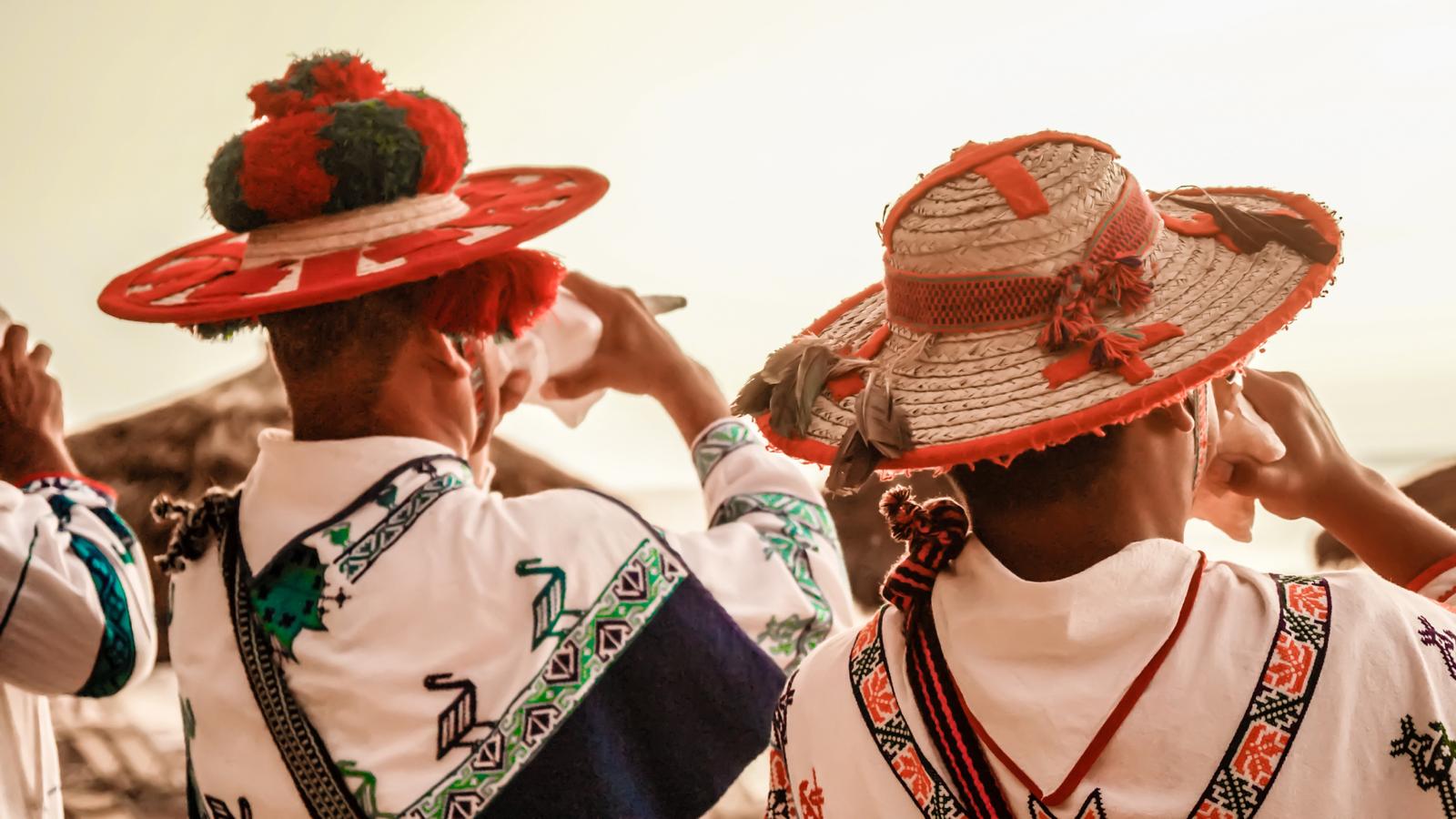UNWTO recognizes villages across the world committed to the promotion and preservation of cultural heritage and sustainable development through tourism.
MADRID, Spain — Dec. 2, 2021 — The new “Best Tourism Villages” initiative by the World Tourism Organization (UNWTO), announced this morning at the organization’s 24th General Assembly here, recognizes villages across the world that are committed to the promotion and preservation of their cultural heritage and sustainable development through tourism. One village in the Mexican state of Yucatán, Maní, was named to the inaugural list.
Maní is a small city located about 62 miles (100 km) southeast of state capital Mérida. Recently named a “Pueblo Mágico” by Mexico’s Ministry of Tourism, it is a cultural jewel that boasts four millennia of history, dating back to the pre-colonial early Maya period. Maní’s colonial-style architectural heritage is testimony to the 16th-century arrival of Franciscan missionaries from Spain, and the city is the epicenter of the so-called Convent Route through Yucatán, showcasing the state’s churches and convents of note. Maní is rich in traditions, such as endemic regional dishes like “poc chuc” (a dish with marinated pork) and textile workshops that preserve ancient techniques of traditional embroidery. The city is also home to a “meliponary” route called Xunáan, whereby visitors have the opportunity to get closer to the world of 15 species of bees sacred to the Maya.
Best Tourism Villages was announced earlier this year, with Maní proposed as a candidate in July when Zurab Pololikashvili, Secretary General of the UNWTO, visited the state of Yucatán with Miguel Torruco Marqués, Mexico’s Minister of Tourism. “Yucatán is a benchmark in terms of responsible and sustainable tourism, as well as an example of good tourism practices,” said Pololikashvili after touring Maní.
170 villages around the globe were proposed for the pilot program, with 44 accepted from 75 countries. Mani was one of two Mexican villages included in the program, the other being Cuetzalan, Puebla.
With the vision of making tourism a positive force for transformation, rural development, and community well-being, “Best Tourism Villages by UNWTO” aims to harness the power of tourism to provide opportunity and safeguard communities, local traditions, and heritage while reducing regional inequalities and fighting against rural depopulation. It also seeks to advance the role of tourism in valuing and safeguarding rural villages along with their associated landscapes, knowledge systems, biological and cultural diversity, local values, and activities, including gastronomy.
Reacting to Maní’s appointment, Yucatán’s state Minister of Tourism Michelle Fridman said “we are honored and joyous to be recognized at such important levels of the tourism industry and to bring focus to Maní, which was recently recognized in Mexico as a Pueblo Magico for its cultural heritage and sustainable development and is now recognized internationally.
“We have worked with the locals of Maní — Maniceños — to implement responsible and sustainable tourism policies; today, Maní is a world benchmark for rural and community tourism, a responsible, sustainable tourism that preserves our heritage, that decentralizes the benefits of tourism and provides organic and authentic experiences,” Fridman added. “Today, Yucatán is consolidated as an example of good tourism.”
The towns included in the Best Tourism Villages will be part of a UNWTO network that will provide a space for the exchange of experiences, good practices, education, and opportunities. The network will include not only representatives of award-winning towns but also specialists and partners from the public and private sectors who maintain a commitment to promoting tourism for the sake of rural development.
The UNWTO received 36 new applications to be a part of the network, of which 16 were accepted, two of them in the state of Yucatán: The State Consultative Council of Tourism of Yucatán and Visit Mérida Mx. There are currently 154 total members.
UNWTO is the United Nations’ body in charge of promoting responsible, sustainable and accessible tourism for all, advocating for tourism that contributes to economic growth, inclusive development, and environmental sustainability, and offers leadership and support to the sector to spread their knowledge and tourism policies around the world.












